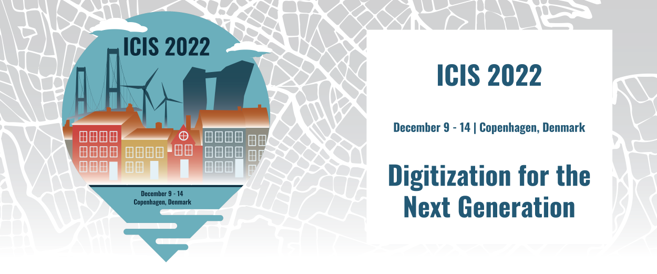Technological developments continue to reshape how work is designed, performed, and managed at individual, organizational, and societal levels. Traditional employment arrangements are increasingly becoming contingent, flexible, and distributed. The accelerated digitalization of information and the pandemic are pushing many organizations away from the established archetype of 9-5 office work towards more contemporary approaches to work. Exemplars of contemporary approaches to work include permanent remote work, 4-day workweek, globally distributed project work, as well as freelancing on demand, brokered through dedicated platforms such as Catalant, TopCoder, Mechanical Turk, Uber, and TaskRabbit. The automation and augmentation of work with artificial intelligence, virtual reality, and blockchain are transforming not just organizations and industries, but potentially entire labor markets, with humans being replaced by, or working together with, ever smarter algorithms and robots. There is a concern among workers that whole classes of job roles and occupations are at risk of extinction, while demand for other job roles in other occupations grow at an increasing rate. Workers in these jobs will need to adapt their skill portfolios and careers to remain employable, which might lead to technostress and affect their wellbeing. At the same time, the meaning of work and employment are shifting as the new generation of digital natives reconfigure the future of work.
Track Co-Chairs Carol Hsu, Ph.D., The University of Sydney Business School Ning Nan, Ph.D., The University of British Columbia Mari-Klara Stein, Ph.D., Copenhagen Business School, DenmarkSubscribe to RSS Feed (Opens in New Window)
| 2022 | ||
| Monday, December 12th | ||
| 12:00 AM |
A New Era of Control: Understanding Algorithmic Control in the Gig Economy Matthias Weber, University of Innsbruck 12:00 AM |
|
|---|---|---|
| 12:00 AM |
Anne-Sophie Mayer, Vrije Universiteit Amsterdam 12:00 AM |
|
| 12:00 AM |
Laura Schulze, University of Goettingen 12:00 AM |
|
| 12:00 AM |
Algorithms as a Manager: A Critical Literature Review of Algorithm Management Kai Heinrich, OVGU Magdeburg 12:00 AM |
|
| 12:00 AM |
Asynchronous Video Interviews and Artificial Intelligence: A Multi-Study Exploration Tanner Skousen, University of Georgia 12:00 AM |
|
| 12:00 AM |
Attitude Discrepancy and Its Influence on Turnover Intention Among IS Professionals Lukas Florian Bossler, EBS Universität für Wirtschaft und Recht 12:00 AM |
|
| 12:00 AM |
Wenting Wang, McMaster University 12:00 AM |
|
| 12:00 AM |
Examining the Antecedents of Creative Collaboration with an AI Teammate Dominik Siemon, LUT University 12:00 AM |
|
| 12:00 AM |
Exploring Drivers of Sustained Participation in Decentralized Autonomous Organizations Wanit Wiriyachaokit, University of Innsbruck 12:00 AM |
|
| 12:00 AM |
Leona Brust, RWTH Aachen University 12:00 AM |
|
| 12:00 AM |
How Much Digital is Too Much? A Study on Employees’ Hybrid Workplace Preferences Pauline Weritz, IQS 12:00 AM |
|
| 12:00 AM |
Mahei Manhai Li, University of Kassel 12:00 AM |
|
| 12:00 AM |
The Consequential Institutional IT Use Among Disaster Responders: Role Stacking Puspa Sandhyaduhita, National University of Singapore 12:00 AM |
|
| 12:00 AM |
Blair Wang, University of Sydney 12:00 AM |
|
| 12:00 AM |
Serafima Osipenko, PARSIQ 12:00 AM |
|
| 12:00 AM |
Ines Baer, Vrije Universiteit Amsterdam 12:00 AM |
|
| 12:00 AM |
Working Hybrid at Universities: Old, yet New Practice? Gislene Feiten Haubrich, Vrije Universiteit 12:00 AM |
|


